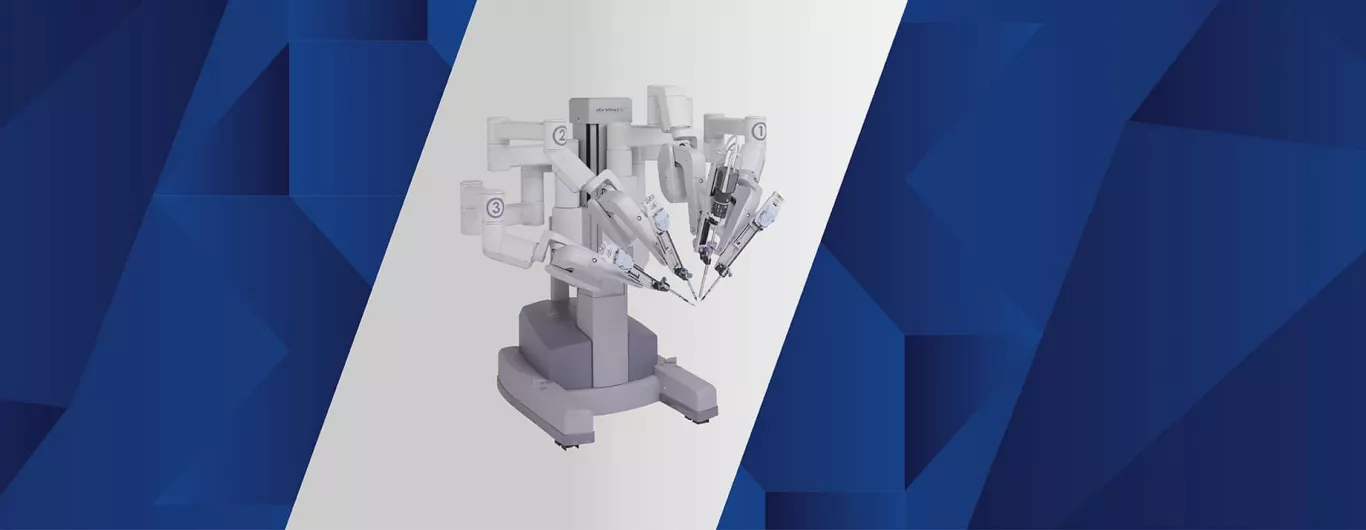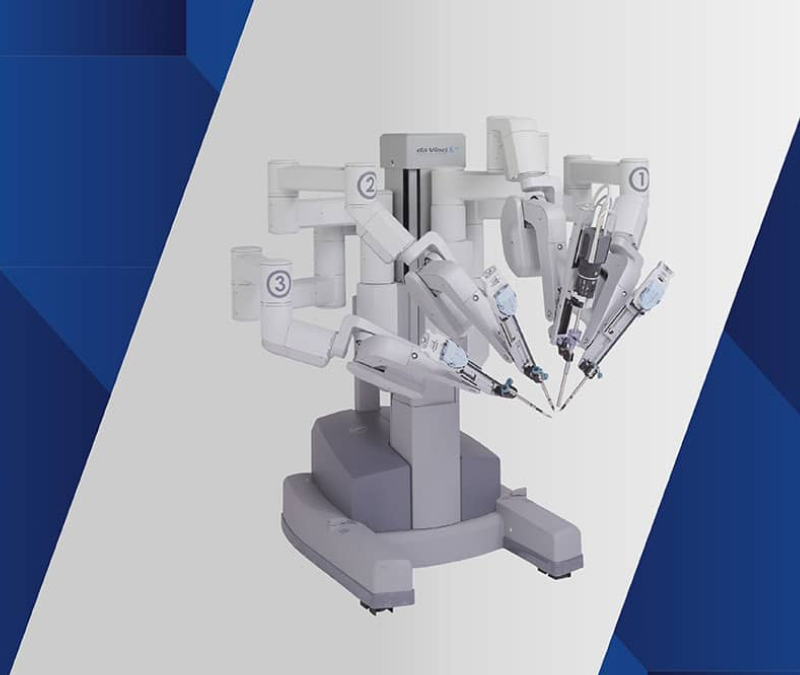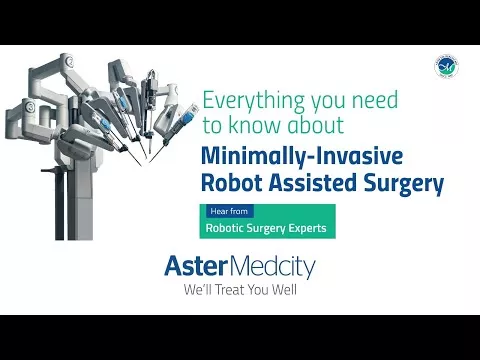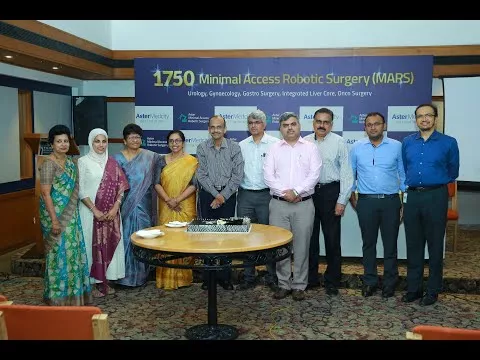Aster Centre for Robotic Onco Surgery operating under Aster International Institute of Oncology combines the expertise of oncology surgeons with advanced robotic technology to provide precise and minimally invasive surgical treatment for various cancer types. The center offers comprehensive oncology services, follows a multidisciplinary approach, focuses on patient-centered care, and may contribute to research and innovation in the field of oncology.
The Centre for Robotic Onco Surgery follows a multidisciplinary approach to patient care. It collaborates closely with other specialists such as medical oncologists, radiation oncologists, pathologists, radiologists, and genetic counselors to ensure comprehensive evaluation, accurate diagnosis, and personalized treatment plans.
Blogs
The source of trustworthy health and medical information. Through this section, we provide research-based health information, and all that is happening in Aster Hospital.







